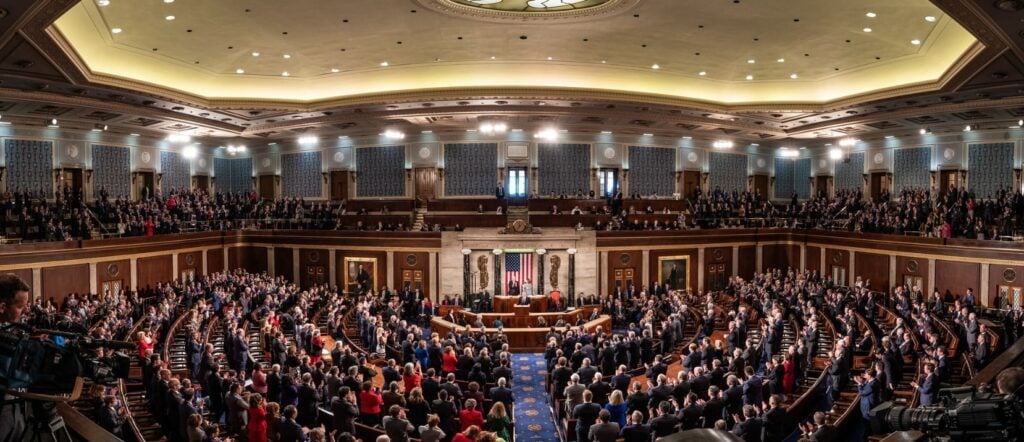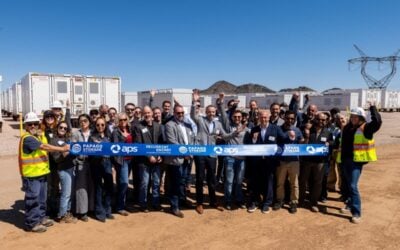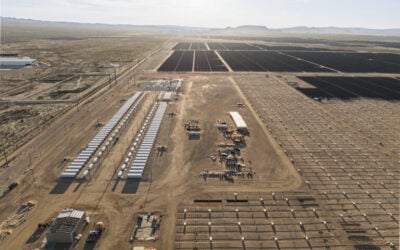
A resolution aimed at rescinding access to the 45X manufacturing tax credit for companies with links to ‘adversarial foreign governments’, primarily China, has been submitted in the US House of Representatives.
Two US representatives have submitted a resolution to suspend the Internal Revenue Service (IRS) regulations regarding the implementation of the 45X Advanced Manufacturing Production Tax Credit (PTC) in the US, a key piece of legislation that has encouraged investment in clean energy manufacturing facilities in the country.
Enjoy 12 months of exclusive analysis
- Regular insight and analysis of the industry’s biggest developments
- In-depth interviews with the industry’s leading figures
- Annual digital subscription to the PV Tech Power journal
- Discounts on Solar Media’s portfolio of events, in-person and virtual
The representatives, Michigan Republican John Moolenaar and Maine Democrat Jared Golden, proposed that the tax credit implementation “shall have no force or effect” in a short document submitted to the House of Representatives.
The bill will need to be passed by both the House of Representatives and the Senate, before being approved by recently re-elected president Donald Trump, who will take office in the new year. The House of Representatives and the Senate make up lower and upper bodies of Congress, the legislative arm of the US government.
The IRS and the Treasury finalised their rules for the implementation of the tax credit last month. Should the proposition take effect, the IRS and the Treasury would have to rewrite these rules governing the 45X tax credit. While this would not immediately overturn the 45X credit, it could disrupt a piece of legislation that had contributed to the addition of significant new solar manufacturing capacity in the US.
PV manufacturing alone has increased nearly fourfold since the passage of the Inflation Reduction Act (IRA) in 2022, but Moolenaar and Golden argue that, in its current form, the tax credits allow for foreign companies, most notably those in China, to benefit from the tax breaks provided they build facilities on US soil.
“America must be a nation of producers, not just consumers,” said Golden in the announcement of the resolution. “That’s the goal of domestic manufacturing credits: to support America’s production economy. But the Biden administration has consistently included loopholes in rulemaking that allow foreign-owned companies – including those with ties to adversarial foreign governments – to benefit from preferential tax treatment intended for American firms.
“The administration needs to go back to the drawing board and ensure they are not subsidising our global competitors.”
During a webinar held last week, in which consultancy Clean Energy Associates (CEA) discussed the potential impacts of the election on the US clean energy manufacturing sector, senior policy analyst Christian Roselund suggested that foreign companies would be able to benefit from the IRA tax incentives under the legislation in its current form, but that a crackdown could be coming.
“There’s a probability, we think it’s likely, that there will be restrictions on the ability of Chinese companies to access the section 45X credit, which is the main incentive for manufacturing in the US,” said Roselund.






